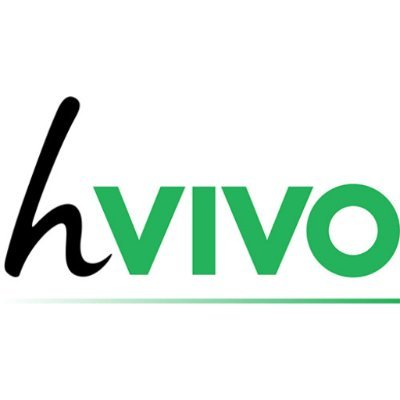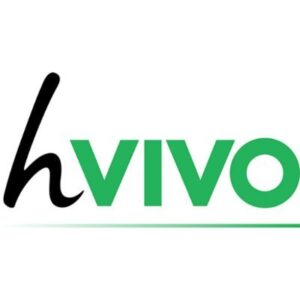Various types of clinical trials require participants to help advance medical knowledge, improve patient care, and develop new treatments. A common element in these trials is the use of placebos. Placebos, substances with no therapeutic effect, are essential in evaluating the actual efficacy of a drug or treatment. They allow researchers to compare the results of those taking the new drug with those taking a non-therapeutic substance.
In clinical trials, patients might show improvements even when given a placebo, a phenomenon attributed to the placebo effect. This effect occurs due to psychological and neurobiological factors rather than the placebo itself. For instance, in antidepressant studies, up to 62% of the drug response can be due to the placebo effect.
The main reason for using a placebo is to establish a control group for comparison, ensuring that the study’s findings are reliable and unbiased. Placebos help in assessing the new drug’s effectiveness without interference from preconceived notions or biases from the medical staff, who often remain unaware of which patients are in which group.
Placebos are typically introduced in the later stages of clinical trials, such as Phase III and Phase IV, after the new drug has already demonstrated safety and efficacy in earlier phases. By comparing the new drug to a placebo, researchers can better understand its true therapeutic value.
Not all clinical trials involve placebos. Some focus solely on the safety of a new treatment, making the use of placebos unnecessary. However, when it’s essential to gather comparative data, placebos play a crucial role. The ethicality of placebo use is often debated, but it is generally considered ethical as long as participants provide informed consent. This process ensures that volunteers are fully aware of the trial details, including the use of placebos, and can withdraw at any time if they choose.
At FluCamp, we prioritise informed consent and ethical practices in our clinical trials. Volunteers like Jonathan and David have shared how this process has helped them make informed decisions about their participation. The trials are designed to keep both participants and medical staff unaware of who is receiving the placebo or the actual drug, which enhances the integrity of the data collected.
Placebos are vital in clinical trials for understanding a drug’s effectiveness. While not used in every trial, their role is significant in ensuring accurate and unbiased results. FluCamp continues to utilise placebos in various studies to advance medical research in a safe and controlled manner.
The use of placebos in clinical trials is a fundamental aspect of modern medical research. While not always necessary, placebos provide invaluable data by serving as a control group against which new treatments can be measured. Understanding their role helps in appreciating the complexities and ethical considerations involved in clinical research.
hVIVO plc (formerly Open Orphan plc), led by Cathal Friel, is a rapidly growing specialist contract research organisation (CRO) and the world leader in testing infectious and respiratory disease vaccines and antivirals using human challenge clinical trials, providing end-to-end early clinical development services for its broad and long-standing client base of biopharma companies.


